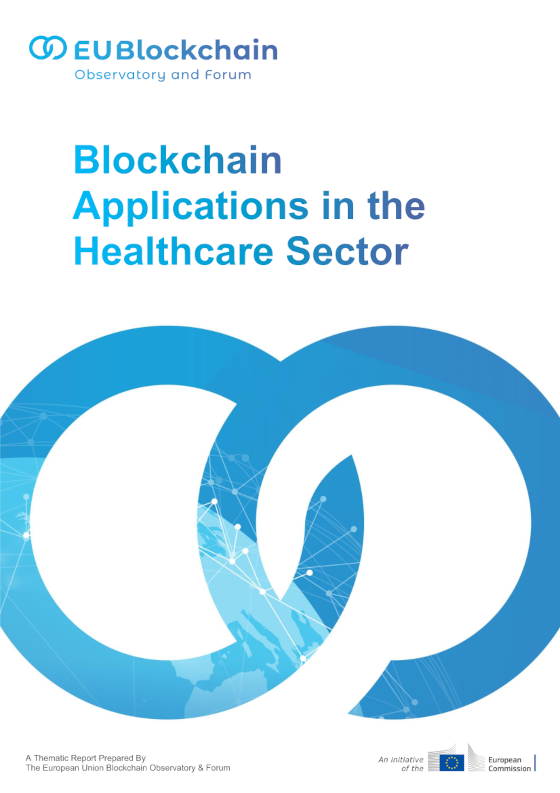 The healthcare industry faces challenges due to constantly changing conditions, including demographic transitions and the advancements we have achieved until now in health science and the healthcare industry. Life expectancy has increased, and we live longer with chronic diseases (Anderson & Hussey, 2000; Bongaart et al., 2015). This requires the healthcare industry to focus on an increasingly older population with a more complex disease burden than healthcare previously dealt with. As a direct consequence of the demographic shift, non-communicable and chronic diseases are becoming more prevalent, straining all health systems (Harris, 2019). New methods, procedures, and financing mechanisms are necessary to have a sustainable health system in the future (Morgan, Zamora & Hindmarsh, 2007).
The healthcare industry faces challenges due to constantly changing conditions, including demographic transitions and the advancements we have achieved until now in health science and the healthcare industry. Life expectancy has increased, and we live longer with chronic diseases (Anderson & Hussey, 2000; Bongaart et al., 2015). This requires the healthcare industry to focus on an increasingly older population with a more complex disease burden than healthcare previously dealt with. As a direct consequence of the demographic shift, non-communicable and chronic diseases are becoming more prevalent, straining all health systems (Harris, 2019). New methods, procedures, and financing mechanisms are necessary to have a sustainable health system in the future (Morgan, Zamora & Hindmarsh, 2007).
As healthcare has developed and started to adapt new digital methods and tools, more effective remedies - both within primary prevention and in the field of curative, technology-intensive medicine have been introduced (Gopal et al., 2019). This transition is often referred to as digital transformation, which involves a shift from paper-based medical records to electronic records and new technologies to improve healthcare and patient engagement (Massaro, 2021). Yet, further application of new technology solutions and approaches, including the use of blockchain, is of high value to contribute to the prevailing demands in the industry and partially support further transformation and digitalisation of healthcare (Hasselgren et al., 2020). Below, we discuss some of the remaining challenges in the healthcare industry, and later in this chapter, address how blockchain could be used to facilitate the necessary changes.
Below we list some of the challenges the healthcare industry is facing. This is not an exhaustive list, but it includes the most evident challenges. While technology challenges could potentially be addressed with new digital technologies, including blockchain technology solutions, we start with points that might prevent the adoption of new technologies and approaches, including organisational and patient engagement perspectives.
Download: Blockchain Applications in the Healthcare Sector (1.857 KB).
Download from DIGITAL HEALTH NEWS: Blockchain Applications in the Healthcare Sector (1.857 KB).